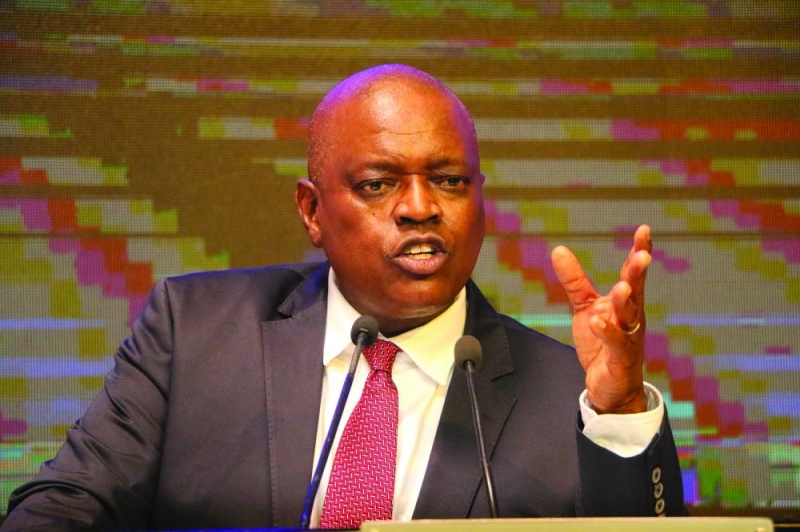Masisi calls for G77 assistance
Mompati Tlhankane | Tuesday September 19, 2023 06:00


Masisi appealed at the G77+China Summit held in Havana, Cuba, on Friday. The Group of 77 is the largest intergovernmental organisation of developing countries within the United Nations.
Its mission is to enable countries in the global South to advocate for their collective economic interests, enhance their negotiating power on international economic matters, and promote South-South cooperation for development. Masisi emphasised the diversity of the G77, representing countries from across the world, and highlighted Botswana's unique position as a Land-Locked Developing Country (LLDC) and the current Global Chair of the Group.
He stressed the need for increased support for developing countries, particularly LLDCs and those classified as least developed. He underscored the importance of the G77's support in building resilience and improving connectivity within member countries. “We need to ensure that solutions are inclusive, and can be implemented around the world, in particular in developing countries.
In this regard, partnerships with companies in control of digital technology businesses are indispensable,” Masisi said. “We should also promote the exchange of best practices at the regional level on ways to ensure opportunities for girls and women in the digital space as well as guarantee transparency and safety.” He called for strengthened South-South collaboration and partnerships, recognising that addressing these challenges requires a collective effort.
He indicated sharing knowledge, expertise, and best practices can harness collective intelligence to find innovative solutions that transcend borders. “Collaboration also extends to fostering a conducive environment for research and development, protecting intellectual property rights and promoting technology transfer to bridge the digital divide.
We must recognise that the global south, with its rich cultural heritage, untapped resources and vibrant populations holds immense potential for breakthroughs in science, technology and innovation,” he added. Acknowledging the monumental challenges facing developing nations, Masisi emphasised the need for global solidarity and international cooperation.
“Only through global solidarity and international cooperation can we be able to tackle these challenges. We have seen this during the COVID-19 pandemic where we accelerated and scaled up scientific collaboration in an exemplary way to develop the vaccines and other medical treatments.” Furthermore, Masisi stressed the importance of addressing social, economic, fiscal, political, and geopolitical issues and called for increased South-South collaboration in science and technology.
“Many of our developing countries are still constrained to leverage these technologies at national and international levels due to lack of high-speed connectivity network infrastructure. This prohibits them from accessing broadband applications for education, health, finance and other sectors. It also denies them access to international knowledge networks,” he further highlighted.
